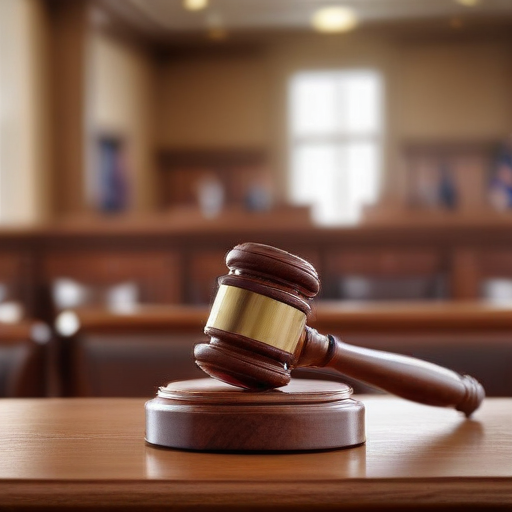In a significant and unprecedented move shortly before leaving office, President Biden announced a series of pardons extending to retired General Mark Milley, Dr. Anthony Fauci, members of the January 6 committee, and U.S. Capitol and Washington, D.C. police officers who testified before the committee. Biden justified these pardons as essential due to potential “unjustified and politically motivated prosecutions” from the incoming administration.
Biden emphasized that these pardons do not signify an acknowledgment of wrongdoing by the individuals involved, nor should they be seen as admissions of guilt. “Exceptional circumstances” warranted such action, with Biden highlighting the damaging effects of investigations and prosecutions on reputations and finances, even in instances where there is no wrongdoing.
While it remains unclear whether the incoming Trump administration plans to pursue legal actions against these individuals, certain remarks from Trump’s associates suggest a potential for conflict. Pam Bondi, Trump’s nominee for attorney general, stated during her confirmation hearing that there would not be political prosecutions on her watch, yet incoming FBI director nominee Kash Patel has advocated for investigations into Trump’s opponents.
Dr. Fauci, a prominent figure in the U.S. response to the COVID-19 pandemic, expressed gratitude for the pardon, reflecting on his commitment to public health throughout his career under various administrations. His legacy is characterized by saving countless lives and advancing public health measures.
General Milley, having previously criticized former President Trump, also thanked Biden for the pardon, stating his desire to avoid unnecessary legal battles after a long and dedicated military career.
Biden’s decision to pardon members of the January 6 committee and law enforcement officials was rooted in the belief that they were fulfilling their responsibilities in exposing the events surrounding the January 6 insurrection. The leaders of the committee, including Chairman Bennie Thompson and Vice Chair Liz Cheney, welcomed the pardons, viewing them as protection against potential retribution for their efforts to uphold democratic values and accountability in the wake of the violent attack.
The final scope of the pardons and their implications remain somewhat uncertain, particularly concerning staffers and consultants involved with the committee. Many committee members had discussed the possibility of preemptive pardons in private meetings leading up to this announcement, showcasing a layered response to the threats posed by the political climate.
In summary, these pardons represent a bold statement by President Biden, aimed at safeguarding individuals who acted in the interest of democracy amidst politically charged accusations. The repercussions of this decision will unfold in the coming years, as the nation grapples with its recent tumultuous history and strives for a more unified and accountable political landscape.
